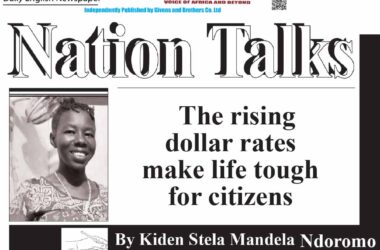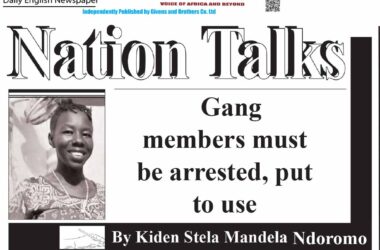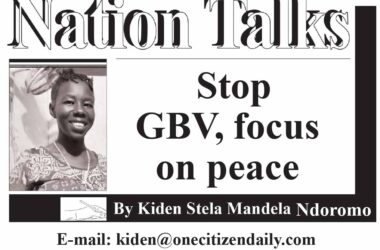The insecurity in South Sudan has caused confusion and panic among both citizens and foreigners, including international organizations and business groups, who are key participants in the peace agreement.
It raises the question of why there is so often disagreement between the government and the opposition. It seems that just as the country starts to stabilize, another crisis explodes. We must ask these leaders what they need to find happiness and stability.
Despite the peace agreement signed in September 2018, a series of violent attacks in South Sudan continues to pose a serious risk to its people. Since that agreement, inter-ethnic violence, attacks, and threats have intensified, as those involved remain divided and distrustful of one another. The situation has been exacerbated by the war in Sudan, which erupted in April 2023.
The people of South Sudan live in fear, startled by gunshots, desperately yearning for peace to protect them from various atrocities. In 1983, the Sudan People’s Liberation Movement (SPLA/M), led by the late Dr. John Garang, emerged as a significant force advocating for the South’s independence. This struggle witnessed egregious human rights violations, including mass displacement, economic hardships, famine, and other horrific atrocities committed by both sides, all in the name of establishing South Sudan. Both the army and civilians contributed sacrifices for this nation.
The main objective back then was to combat marginalization, improve the education system, ensure freedom of speech, and address political and religious differences. Unfortunately, that is no longer the case. The struggle has devolved into individual interests while tribalism has tainted the progress achieved over the past 13 years.
Politicians seem focused only on themselves and their families, often pursuing developments outside the country, as they lack trust in their own nation and are driven by corruption. This is why South Sudan has yet to successfully combat its ongoing economic crisis.
Citizens are enduring hunger and are left for nine months without salaries, experiencing economic hardship as though the country is still under the oppressive regime of the Sudanese government from which it separated. This raises troubling questions about the sacrifices made during the struggle: Why did the South fight for independence? Is this country truly stable, or are we merely in a temporary lull? Many questions linger, demanding answers from our leaders, yet each question often goes unanswered.
I appeal to the government, as it has vowed not to take this country back to war, to provide security for its citizens. Additionally, I urge all parties to adhere to the 2018 peace agreement. The people of South Sudan are still recovering from the crises of 2013-2016 and need peace above all else.
God Protect South Sudan.
Be the Spectator!




